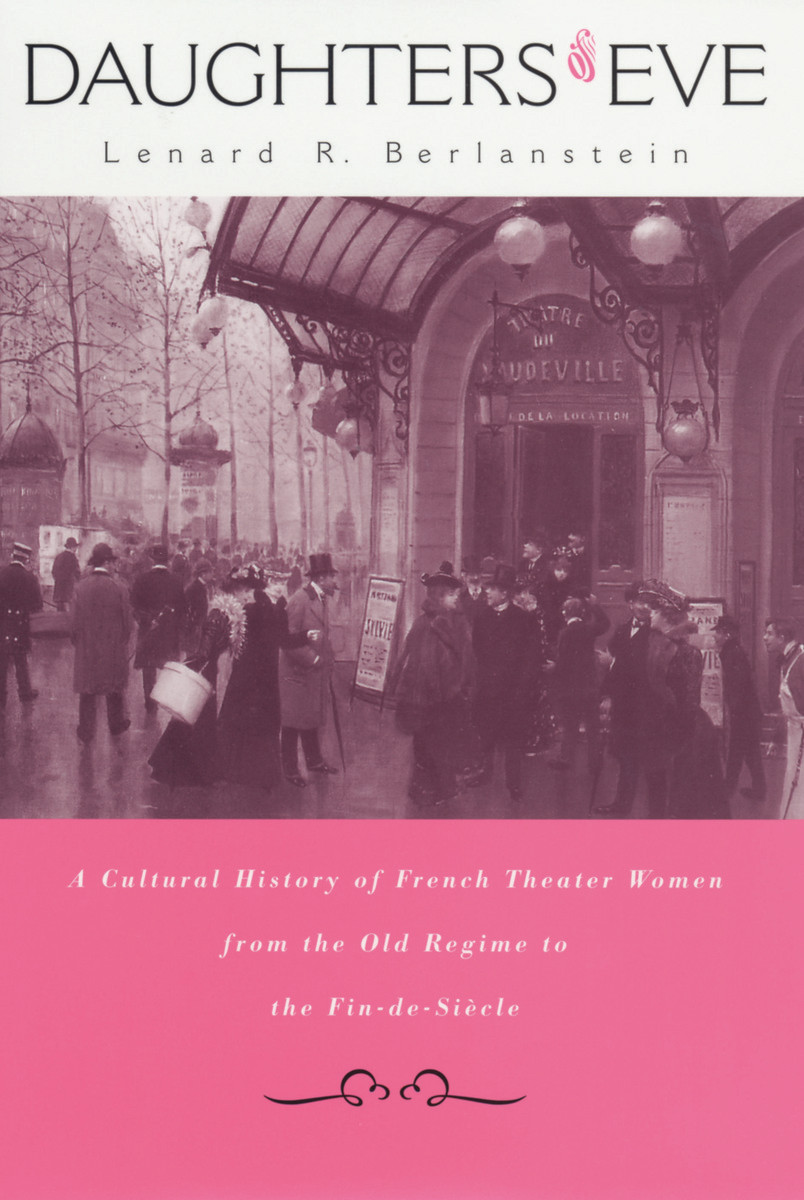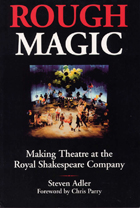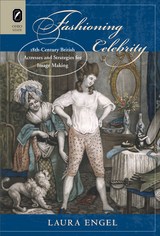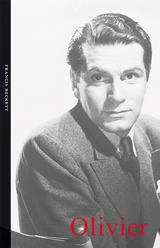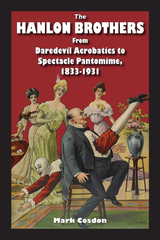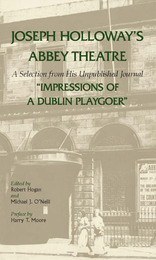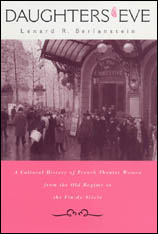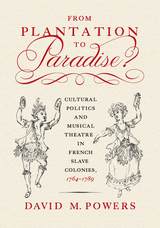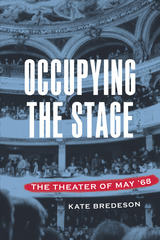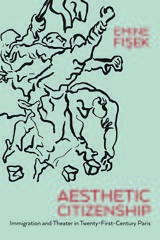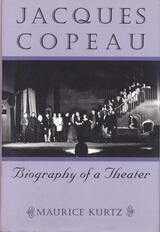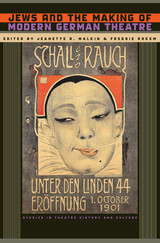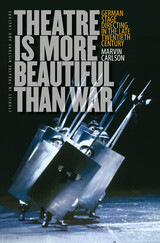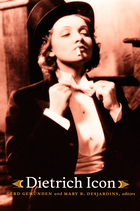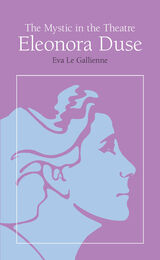eISBN: 978-0-674-02081-8 | Cloth: 978-0-674-00596-9
Library of Congress Classification PN2622.W65B47 2001
Dewey Decimal Classification 792.028082094409
Famous and seductive, female stage performers haunted French public life in the century before and after the Revolution. This pathbreaking study delineates the distinctive place of actresses, dancers, and singers within the French erotic and political imaginations. From the moment they became an unofficial caste of mistresses to France's elite during the reign of Louis XIV, their image fluctuated between emasculating men and delighting them.
Drawing upon newspaper accounts, society columns, theater criticism, government reports, autobiographies, public rituals, and a huge corpus of fiction, Lenard Berlanstein argues that the public image of actresses was shaped by the political climate and ruling ideology; thus they were deified in one era and damned in the next. Tolerated when civil society functioned and demonized when it faltered, they finally passed from notoriety to celebrity with the stabilization of parliamentary life after 1880. Only then could female fans admire them openly, and could the state officially recognize their contributions to national life.
Daughters of Eve is a provocative look at how a culture creates social perceptions and reshuffles collective identities in response to political change.
See other books on: Actresses | Daughters | Eve | Old Regime | Women in the theater
See other titles from Harvard University Press
